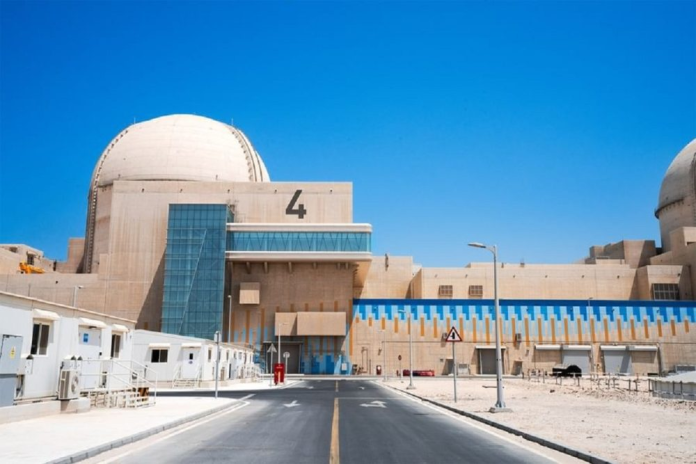The UAE intends to launch one or two solar energy projects annually until the end of the current decade.
He said UAE Minister of Energy Suhail Al Mazrouei said that the UAE, which is the second largest economy in the Arab world, intends to launch more Solar energy projects Widespread, by 2030 to meet the growing demand for clean energy.
Launching new solar energy projects
Al Mazrouei said during the Ras Al Khaimah Energy Summit on Thursday that the UAE, which aims to achieve carbon neutrality by 2050, will launch one or two solar energy projects annually until the end of the current decade, similar to the projects developed by Abu Dhabi.
“We are probably witnessing the highest Energy demand In our history as a result of the economic growth witnessed by the country.”
30% of energy from renewable energy
The UAE seeks to achieve its 2030 goal of generating 30% of its energy from clean sources, including renewable energy, including solar, wind and nuclear energy.
“We currently have about six gigawatts of renewable energy, and we aim to increase that to 15 gigawatts, or more, by 2030,” Al Mazrouei added.
Al Dhafra Station.. The largest solar energy project in the world
Last year, Abu Dhabi inaugurated the 2-gigawatt Al Dhafra Solar Power Plant, one of the largest solar energy projects in the world, providing electricity to around 200,000 homes and also contributing to reducing CO2 emissions by more than 2.4 million tons annually, equivalent to removing around 470,000 cars from the roads.
“Abu Dhabi, which supplies electricity to the northern emirates, has the cleanest electricity grid in the Middle East, with a carbon intensity of 270 grams of carbon dioxide per kilowatt hour, compared to the global average of more than 400 grams,” Al Mazrouei added.
Barakah Nuclear Power Plant
And provide Barakah Nuclear Power Plant In Abu Dhabi, there are now about 40 terawatt-hours of electricity annually, equivalent to 25% of the total electricity consumed in the UAE.
Al Mazrouei stressed that the UAE will continue to invest in sustainable aviation fuel and infrastructure for producing green hydrogen, noting that artificial intelligence will be a major driver of the growing demand for electricity.
The UAE plans to produce 1.4 million metric tons of hydrogen annually by 2031, with production increasing to 15 million tons annually by 2050.
Artificial Intelligence and Clean Energy
The UAE is a pioneer in adopting artificial intelligence, having launched several initiatives since the announcement of the UAE Artificial Intelligence Strategy in 2017, which aims to implement smart systems in vital sectors.
The International Energy Agency expects electricity consumption in data centers to double to 1,000 terawatt-hours by 2026, compared to 460 terawatt-hours in 2022.



